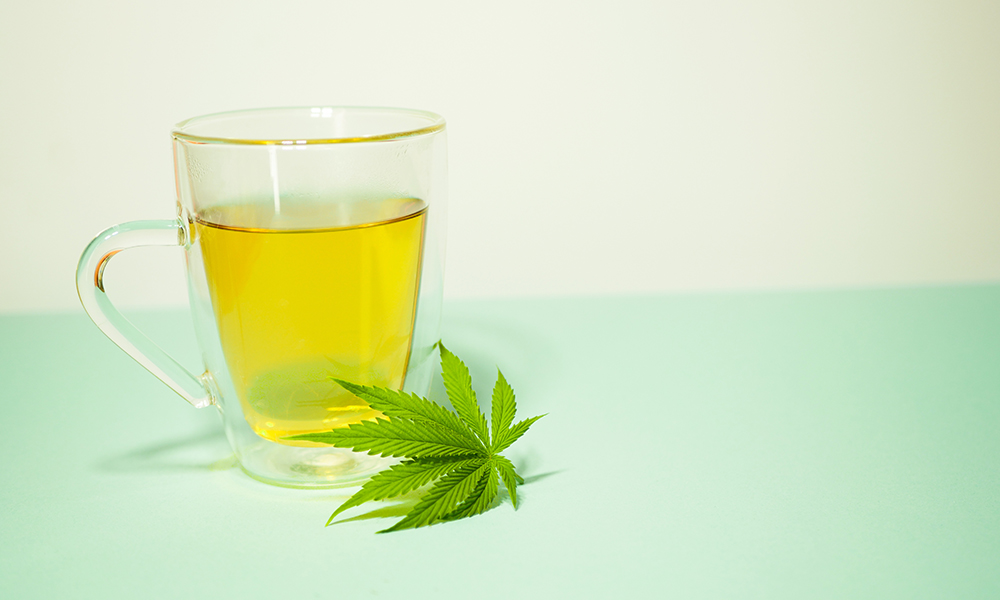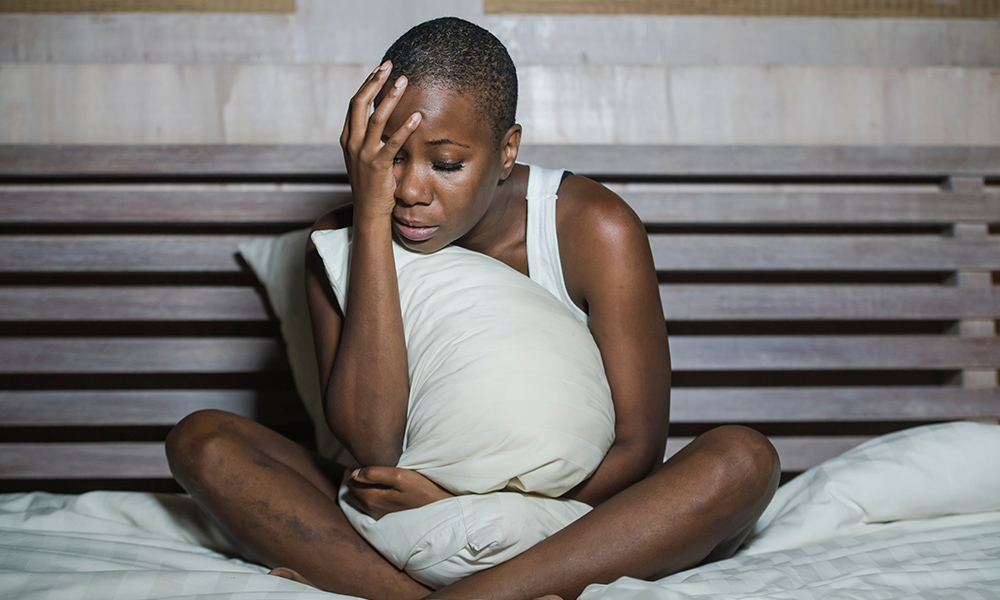Everyone has a little trouble sleeping from time to time. You might be stressed, worried about a presentation, or excited about a trip. These periodic disruptions happen, but they’re not all that detrimental. Millions of people, however, have trouble sleeping regularly. No matter what they do, they can’t seem to fall asleep or stay asleep. Sound familiar? Maybe you’ve tried sleep aids, meditation, and all the other tricks in the book. For some, using cannabis helps. The therapeutic effect of the plant may help you combat your insomnia. With quality sleep, you’ll finally be able to start feeling and functioning better.
How Cannabis Can Help with Insomnia
The inability to sleep can take its toll over time. You’re constantly tired, find it hard to function, and may have health or memory issues. Sleep is vital for providing energy, healing, and health.
There aren’t a ton of studies available on how cannabis affects sleep, but there are several that demonstrate the plant’s ability to help you finally get the sleep you need. One study from 2018 showed that cannabis use is linked to improvements in perceived insomnia. A 2019 review focusing on the effects of cannabis and PTSD also found that cannabis products could help reduce PTSD-related insomnia and nightmares.
Most available studies looking at cannabis use and insomnia are small, so more research will be needed to confirm the results. What we do know is that the two most common cannabinoids, CBD and THC, play a role. THC, the psychoactive compound, helps to induce sleep. It also reduces REM sleep, which means you spend less time dreaming. CBD can help to reduce anxiety, which, in turn, could help make falling and staying asleep easier.
Many people who use cannabis to fall asleep use it as an alternative to conventional sleep aids. The problem with prescription and OTC medications is that they often come with unwanted side effects, such as dizziness, daytime drowsiness, appetite changes, and even dependency.
Can Cannabis Harm Sleep?
Now, some studies show that cannabis use may be harmful to sleep. For instance, while THC may reduce REM sleep, thereby reducing dreams, too little REM sleep may lead to memory issues and mood disorders. A 2017 literature review found that CBD may have therapeutic potential for those with insomnia. The same review also found that long-term use of THC may actually worsen sleep and that CBD may act as a stimulant in high doses. A 2019 study found that frequent users might also build up a tolerance to the sleep-inducing properties of cannabis and that the plant could make falling asleep more difficult.
Trouble Sleeping? The Therapeutic Effect of Cannabis Can Help
We still need more research to gain a better understanding of how cannabis affects sleep. The available evidence shows that it could benefit those with insomnia, though. If you’re interested in giving it a try, be sure to purchase high-quality products from Proven for the best results. If you’re not sure what to buy, don’t hesitate to strike up a conversation with a budtender and let them know what it is you’re looking to achieve. They can help point you in the right direction.


